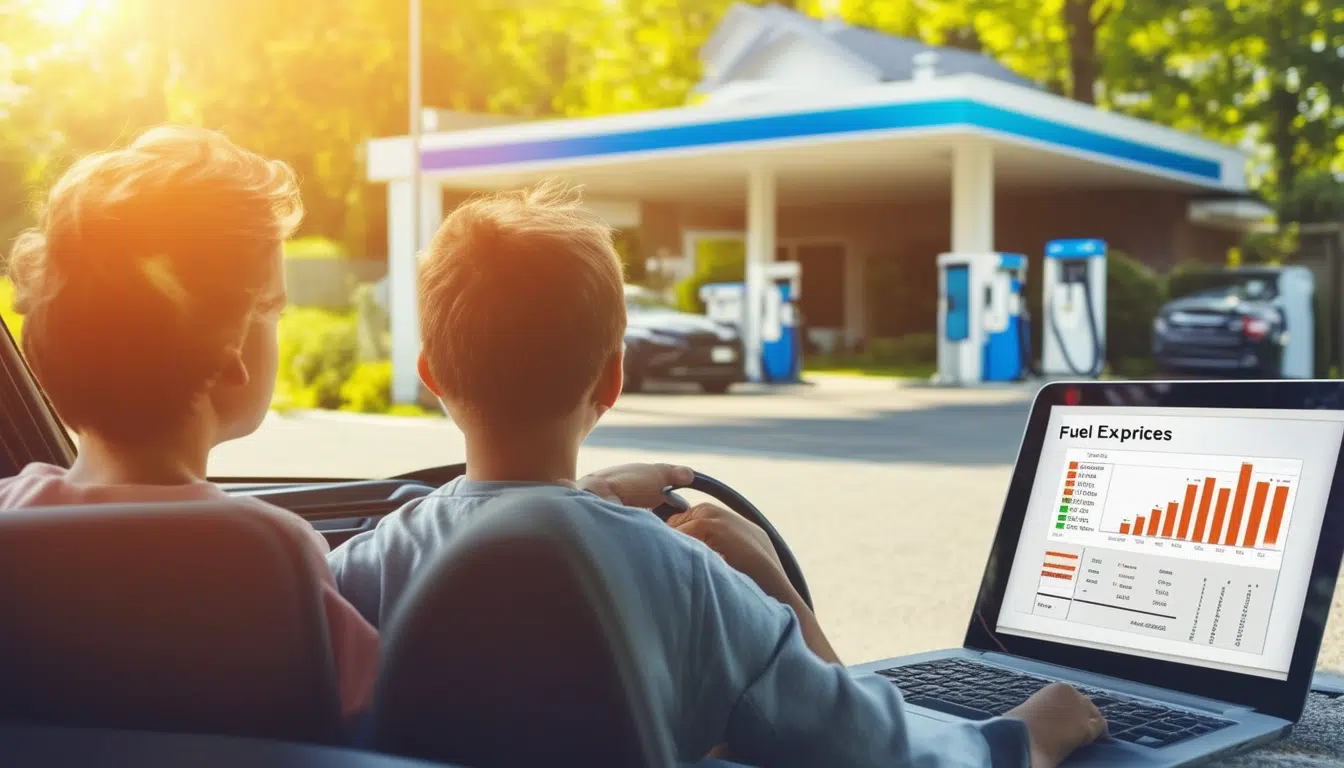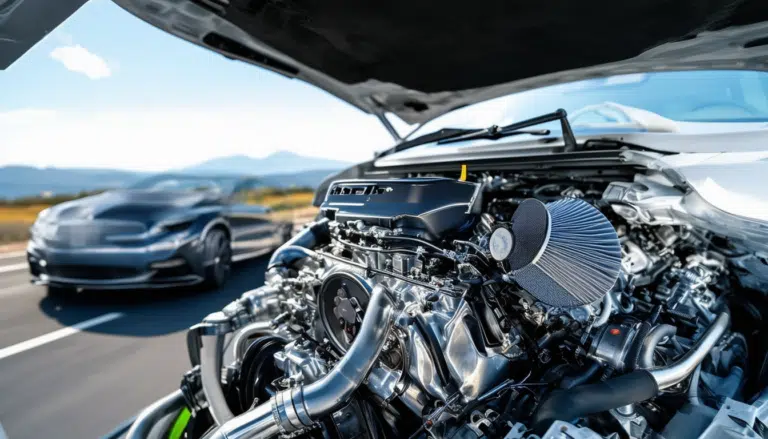Recommendations to optimize fuel spending

Nowadays, optimizing fuel consumption has become essential, both for drivers’ wallets and for the environment. Energy efficiency in driving not only helps to reduce a vehicle’s operating costs but also contributes to decreasing the emission of pollutants. Below are several practical recommendations that will allow you to improve fuel performance and promote a more sustainable lifestyle.
Optimizing fuel consumption is an ongoing concern for today’s drivers. With rising prices and the need to care for the environment, it is crucial to find effective ways to reduce gasoline consumption without sacrificing comfort or safety on the road. This article presents various strategies ranging from changes in driving habits to proper vehicle maintenance, which will help maximize the performance of every liter of fuel.
Adapt your driving style
The way you drive has a significant impact on fuel consumption. Maintaining a steady speed is essential. Avoiding sudden accelerations and abrupt stops can contribute to greater efficiency. Driving at a moderate speed, instead of exceeding the recommended limits, can considerably reduce gasoline expenditure.
Use engine braking
One of the most effective methods for achieving efficient driving is to use the engine brake. By releasing the accelerator to decelerate gently, the fuel supply is significantly reduced, which translates into savings of up to 2% in total consumption.
Regular vehicle maintenance
A well-maintained car is key to optimizing fuel consumption. Performing periodic check-ups and ensuring that the engine is in good condition not only helps maintain optimal performance but also prevents problems that could increase consumption. Checking filters, spark plugs, and especially maintaining the proper tire pressure is essential, as deflated tires create more resistance and therefore require more effort from the engine.
Avoid overloading the vehicle
Reducing the weight of the car can lead to a significant improvement in its efficiency. The lighter the vehicle, the less energy it will require to move. Therefore, it is advisable to avoid carrying unnecessary loads and only keep what is essential.
Optimize air conditioning usage
Air conditioning, while a comfortable system, can increase fuel consumption by up to 20%. It is advisable to use air conditioning moderately and opt to open windows when speed is low, or to use it efficiently during long trips.
Plan your routes
Route planning is another strategy that can be very effective. Avoiding traffic jams and unnecessary detours not only saves time but also reduces fuel consumption. Using applications that indicate real-time traffic can be very helpful.
Turn off the engine during long stops
If it’s necessary to stop for more than 30 seconds, such as at a long traffic light, it’s advisable to turn off the engine. This simple gesture can help avoid unnecessary fuel waste.
Other considerations
In addition to the previous recommendations, it’s essential to consider the use of devices that can help in managing fuel. There are applications and tools that allow monitoring fuel consumption and offer personalized suggestions. It is also important to track driving habits and gasoline expenditure to identify areas for improvement. More information on this and other measures can be found in this practical guide.
Implementing these tips will not only benefit your wallet but also contribute to a more sustainable world. Being a responsible driver aware of fuel consumption is essential today.
Some additional strategies to reduce fuel expenditure may vary and you should research more details about how to optimize your spending by visiting this link: effective strategies for reducing fuel expenditure.
Optimizing fuel consumption is a crucial aspect for any driver wishing to reduce expenses and contribute to environmental care. There are multiple strategies that can be implemented while driving, which not only improve the vehicle’s efficiency but also promote a more sustainable lifestyle.
One of the most important points is to maintain a steady speed while driving. Avoiding sudden accelerations and surprise stops helps to decrease fuel consumption since engines work less and thus use less energy. Furthermore, using the engine brake instead of the conventional brake can further contribute to this saving, allowing for a smoother deceleration.
The proper tire pressure also plays a fundamental role in optimizing consumption. Deflated tires create greater resistance and, as a result, require more effort from the engine to move the vehicle. Keeping them at the recommended pressure not only improves performance but also extends the life of the tires.
Moreover, it is advisable to carry out a regular maintenance of the vehicle. Periodic check-ups ensure that all systems of the car are working properly, preventing anomalies that could increase consumption. Finally, the efficient use of air conditioning contributes to energy savings; turning it on unnecessarily can increase fuel consumption by between 10% and 20%.
Implementing these tips and simple techniques can not only reduce fuel expenditure but also promote a more responsible lifestyle that respects the planet. The combination of proper practices and constant maintenance allows the driver to maximize the performance of their vehicle while caring for the environment at the same time.



